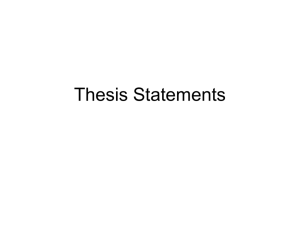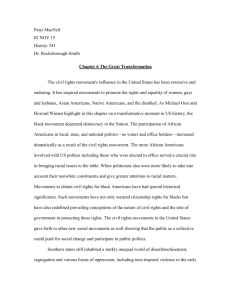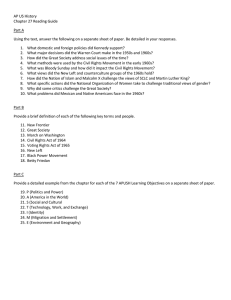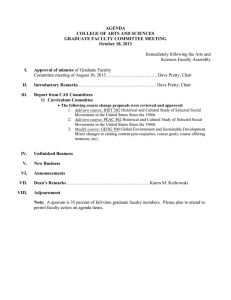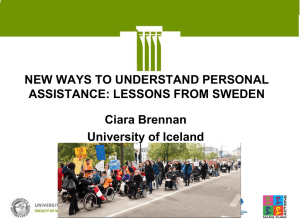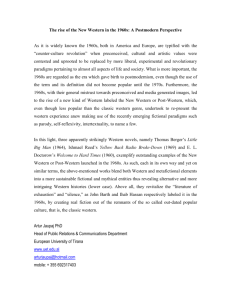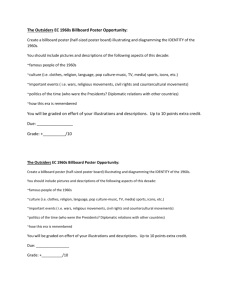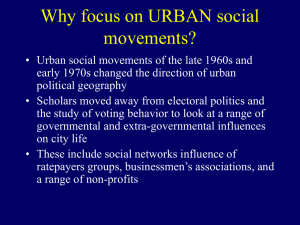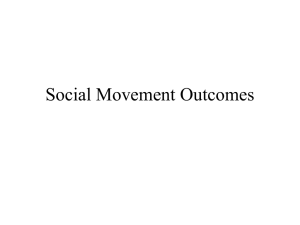HIST/AMST 356: The 1960s in America
advertisement
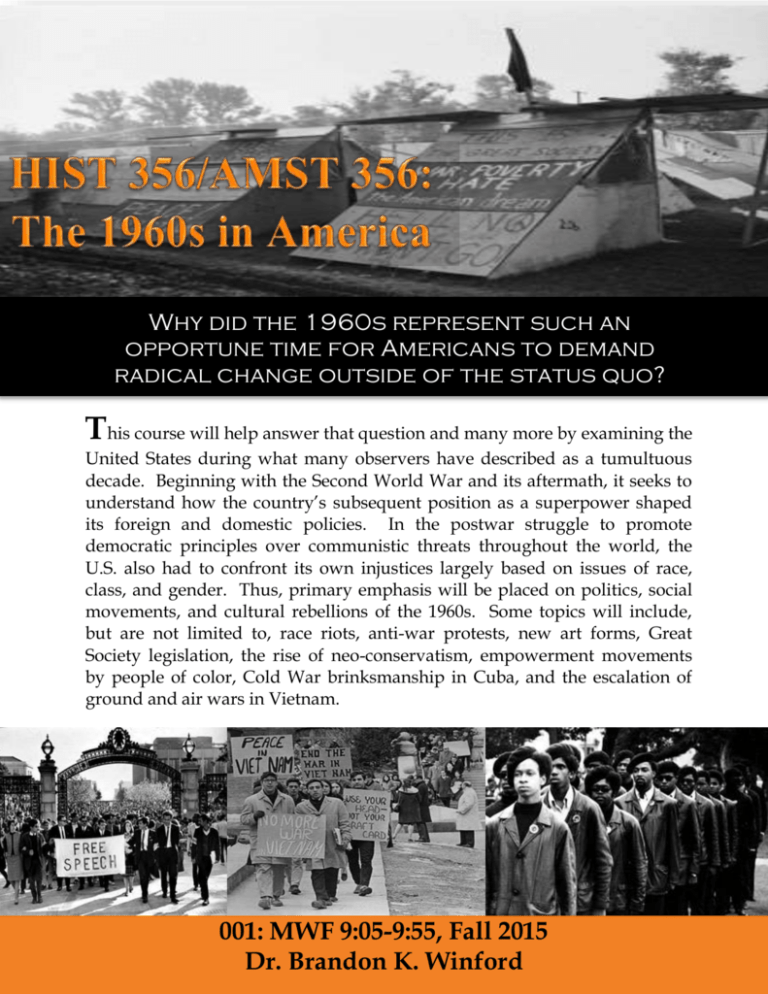
Why did the 1960s represent such an opportune time for Americans to demand radical change outside of the status quo? This course will help answer that question and many more by examining the United States during what many observers have described as a tumultuous decade. Beginning with the Second World War and its aftermath, it seeks to understand how the country’s subsequent position as a superpower shaped its foreign and domestic policies. In the postwar struggle to promote democratic principles over communistic threats throughout the world, the U.S. also had to confront its own injustices largely based on issues of race, class, and gender. Thus, primary emphasis will be placed on politics, social movements, and cultural rebellions of the 1960s. Some topics will include, but are not limited to, race riots, anti-war protests, new art forms, Great Society legislation, the rise of neo-conservatism, empowerment movements by people of color, Cold War brinksmanship in Cuba, and the escalation of ground and air wars in Vietnam. 001: MWF 9:05-9:55, Fall 2015 Dr. Brandon K. Winford

